I know very little about Yemen. I have read very little. But the crisis there must be big enough that I have skimmed a ton of headlines while just going out and about. I am a news junkie. I skim news daily, almost.
This is what I do know. Yemen is not oil-rich. Sand and oil are two different things. It might surprise a lot of people but just because you have sand does not seem to mean you also have oil. Yemen is a poor Arab country. In that Yemen allows for time travel. The oil-rich countries all used to be poor like Yemen. That was only a few decades ago.
Yemen had a president who had been president for a long time, something like 30 years. He was toppled by a group of rebels inspired by the Arab Spring. He was gone and that created a vacuum, quickly filled by the two poles of the regional cold war, Iran and Saudi Arabia. And since there has been a civil war, lurching this way and that. There is widespread misery and mayhem. Fighters are not even 0.1% of the population. But the suffering is across the board.
Iran and Saudi Arabia can't go to war with each other, and they know it. The global economy would have a heart attack if they do. But Yemen is a poor, inconsequential country. War in Yemen does not rattle anyone except the poor, non-fighting Yemenis. This is a sad situation.
And, of course, the military-industrial complex in the United States fishes in every muddied pond. Yemen has been the reason that complex has sold over a hundred billion dollars worth of military hardware. 100 billion dollars is a lot of money.
The sad part is the civil war in Yemen might not see a quick resolution. But it is also true that if it goes for long enough, there are going to be implications beyond Yemen's borders. So it makes sense to proactively put out the civil war fire.
The best way would be for Iran and Saudi Arabia to wind down their Cold War. But that can feel too ambitious for the short term. It is possible to eke out peace inside Yemen even if Iran and Saudi Arabia do not normalize their relations. But it is hard.
There has to be a mediator for the peace talks. I think Imran Khan of Pakistan might be the only available neutral party who has some gravitas. Yemen could be the dress rehearsal for the eventual peace between Iran and Saudi Arabia.
Get the warring factions to meet and talk. Unite their fighters into one unified army for Yemen. Form an interim government. Hold elections to a constituent assembly. Something along those lines.
Yemen crisis: Why is there a war? Yemen, one of the Arab world's poorest countries, has been devastated by a civil war. ......... The conflict has its roots in the failure of a political transition supposed to bring stability to Yemen following an Arab Spring uprising that forced its longtime authoritarian president, Ali Abdullah Saleh, to hand over power to his deputy, Abdrabbuh Mansour Hadi, in 2011.......... Alarmed by the rise of a group they believed to be backed militarily by regional Shia power Iran, Saudi Arabia and eight other mostly Sunni Arab states began an air campaign aimed at restoring Mr Hadi's government........The coalition received logistical and intelligence support from the US, UK and France........... At the start of the war Saudi officials forecast that the war would last only a few weeks. But four years of military stalemate have followed.........
Why Saudi Arabia and Iran are bitter rivals Historically Saudi Arabia, a monarchy and home to the birthplace of Islam, saw itself as the leader of the Muslim world. However this was challenged in 1979 by the Islamic revolution in Iran which created a new type of state in the region - a kind of revolutionary theocracy - that had an explicit goal of exporting this model beyond its own borders. ....... Fast-forward to 2011 and uprisings across the Arab world caused political instability throughout the region. Iran and Saudi Arabia exploited these upheavals to expand their influence, notably in Syria, Bahrain and Yemen, further heightening mutual suspicions........ Iran's critics say it is intent on establishing itself or its proxies across the region, and achieving control of a land corridor stretching from Iran to the Mediterranean....... The strategic rivalry is heating up because Iran is in many ways winning the regional struggle....... In Syria, Iranian (and Russian) support for President Bashar al-Assad has enabled his forces to largely rout rebel group groups backed by Saudi Arabia...........Saudi Arabia is trying desperately to contain rising Iranian influence while the militaristic adventurism of the kingdom's young and impulsive Crown Prince Mohammed bin Salman - the country's de facto ruler - is exacerbating regional tensions........ In the pro-Saudi camp are the other major Sunni actors in the Gulf - the UAE and Bahrain - as well as Egypt and Jordan. ....... In the Iranian camp is Syria's President Bashar al-Assad, a member of a heterodox Shia sect, who has relied on pro-Iranian Shia militia groups, including the Lebanon-based Hezbollah, to fight predominantly Sunni rebel groups..... Iraq's Shia-dominated government is also a close ally of Iran....... This is in many ways a regional equivalent of the Cold War, which pitted the US against the Soviet Union in a tense military standoff for many years.....Iran and Saudi Arabia are not directly fighting but they are engaged in a variety of proxy wars (conflicts where they support rival sides and militias) around the region........ For a long time the US and its allies have seen Iran as a destabilising force in the Middle East. The Saudi leadership increasingly sees Iran as an existential threat and the crown prince seems willing to take whatever action he sees necessary, wherever he deems it necessary, to confront Tehran's rising influence...... Saudi Arabia's vulnerability has been demonstrated by these latest attacks on its oil installations. If a war breaks out, it will be more perhaps by accident rather than design.
....
Saudi purge demonstrates ruthlessness of crown prince Big things are happening in Saudi Arabia. Princes, ministers and top businessmen are being arrested, detained in a luxury hotel, accused of corruption, their planes grounded and their assets seized........ Corruption is rampant in Saudi Arabia. Bribes, sweeteners and lavish kickbacks have long been an integral part of doing business in the world's richest oil-producing nation........ Many of those appointed to key positions amassed astronomical wealth - in some cases running into billions of dollars - far beyond their government salaries, much of it stashed away in offshore accounts.......... The government he leads would love to get its hands on some of these offshore private assets, estimated by some to total as much as $800bn (£610bn)....... The ruling Al Saud family has never revealed how much of the nation's oil wealth goes to which princes and their families, and there are thousands of them. .......... many ordinary Saudis are welcoming this purge of the rich and famous, in the hopes that some of their wealth will be redistributed to the general population...... At 32 years old, Prince Mohammed bin Salman - or MBS, as he is known - has already amassed extraordinary control over the key levers in the country.........He is the youngest defence minister of any major country, and is also driving an economic development programme, declaring his intention to wean Saudi Arabia off its dependence on oil revenues......... He is largely popular with the young, despite dragging the country into a seemingly unwinnable war in Yemen and executing a damaging boycott against neighbouring Qatar. .......
Crown prince says Saudis want return to moderate Islam Saudi Arabia's Crown Prince Mohammed bin Salman has said the return of "moderate Islam" is key to his plans to modernise the Gulf kingdom........ He told reporters that 70% of the Saudi population was under 30 and that they wanted a "life in which our religion translates to tolerance"......... He made the comments after announcing the investment of $500bn (£381bn) in a new city and business zone.......... Dubbed NEOM, it will be situated on 26,500 sq km (10,230 sq miles) of Saudi Arabia's north-western Red Sea coast, near Egypt and Jordan......... Last year, Prince Mohammed unveiled a wide-ranging plan to bring social and economic change to the oil-dependent kingdom known as Vision 2030......... As part of those reforms, the 32-year-old has proposed the partial privatisation of the state oil company, Saudi Aramco, and the creation of the world's largest sovereign wealth fund....... The government also wants to invest in the entertainment sector. Concerts are once again being held and cinemas are expected to return soon................
Kashmir Deserves Normalcy
"UAE Against All Violence And Terrorism"
The Hong Kong "Contagion:" Iran, Iraq, Lebanon, Chile And Counting
Thoughts On The Middle East
Formula For Peace Between Israel And Palestine
The Stupidity Of The Ayodhya Dispute
Saudi-Iran: Imran Is The Only One Who Can
New Capitalism Is Techno Capitalism, Hello Marc
The Nation State In Peril
Dubai, Pakistan, Peace, Prosperity
The Dubai Sheikh Is A Business School Case Study
South Asians Working In The Gulf
Masa, MBS, And The Broader Investment Climate
This is what I do know. Yemen is not oil-rich. Sand and oil are two different things. It might surprise a lot of people but just because you have sand does not seem to mean you also have oil. Yemen is a poor Arab country. In that Yemen allows for time travel. The oil-rich countries all used to be poor like Yemen. That was only a few decades ago.
Yemen had a president who had been president for a long time, something like 30 years. He was toppled by a group of rebels inspired by the Arab Spring. He was gone and that created a vacuum, quickly filled by the two poles of the regional cold war, Iran and Saudi Arabia. And since there has been a civil war, lurching this way and that. There is widespread misery and mayhem. Fighters are not even 0.1% of the population. But the suffering is across the board.
Iran and Saudi Arabia can't go to war with each other, and they know it. The global economy would have a heart attack if they do. But Yemen is a poor, inconsequential country. War in Yemen does not rattle anyone except the poor, non-fighting Yemenis. This is a sad situation.
And, of course, the military-industrial complex in the United States fishes in every muddied pond. Yemen has been the reason that complex has sold over a hundred billion dollars worth of military hardware. 100 billion dollars is a lot of money.
The sad part is the civil war in Yemen might not see a quick resolution. But it is also true that if it goes for long enough, there are going to be implications beyond Yemen's borders. So it makes sense to proactively put out the civil war fire.
The best way would be for Iran and Saudi Arabia to wind down their Cold War. But that can feel too ambitious for the short term. It is possible to eke out peace inside Yemen even if Iran and Saudi Arabia do not normalize their relations. But it is hard.
There has to be a mediator for the peace talks. I think Imran Khan of Pakistan might be the only available neutral party who has some gravitas. Yemen could be the dress rehearsal for the eventual peace between Iran and Saudi Arabia.
Get the warring factions to meet and talk. Unite their fighters into one unified army for Yemen. Form an interim government. Hold elections to a constituent assembly. Something along those lines.
Yemen crisis: Why is there a war? Yemen, one of the Arab world's poorest countries, has been devastated by a civil war. ......... The conflict has its roots in the failure of a political transition supposed to bring stability to Yemen following an Arab Spring uprising that forced its longtime authoritarian president, Ali Abdullah Saleh, to hand over power to his deputy, Abdrabbuh Mansour Hadi, in 2011.......... Alarmed by the rise of a group they believed to be backed militarily by regional Shia power Iran, Saudi Arabia and eight other mostly Sunni Arab states began an air campaign aimed at restoring Mr Hadi's government........The coalition received logistical and intelligence support from the US, UK and France........... At the start of the war Saudi officials forecast that the war would last only a few weeks. But four years of military stalemate have followed.........
Yemen is experiencing the world's worst man-made humanitarian disaster....... The UN says Yemen is on the brink of the world's worst famine in 100 years if the war continues...... About 80% of the population - 24 million people - need humanitarian assistance and protection.
............ About 20 million need help securing food, including almost 10 million who the UN says are just a step away from famine. Almost 240,000 of those people are facing "catastrophic levels of hunger"........ More than 3 million people - including 2 million children - are acutely malnourished, which makes them more vulnerable to disease........ With only half of the country's 3,500 medical facilities fully functioning, almost 20 million people lack access to adequate healthcare. And almost 18 million do not have enough clean water or access to adequate sanitation..... Consequently,medics have struggled to deal with the largest cholera outbreak ever recorded
, which has resulted in more than 1.49 million suspected cases and 2,960 related deaths since April 2017......... The war has also displaced more than 3.3 million from their homes, including 685,000 who have fled fighting along the west coast since June 2018....... Separatists seeking independence for south Yemen, which was a separate country before unification with the north in 1990, formed an uneasy alliance with troops loyal to Mr Hadi in 2015 to stop the Houthis capturing Aden......... The situation was made more complex by divisions within the Saudi-led coalition. Saudi Arabia reportedly backs Mr Hadi, who is based in Riyadh, while the United Arab Emirates is closely aligned with the separatists. ....... Gulf Arab states - backers of President Hadi - have accused Iran of bolstering the Houthis financially and militarily, though Iran has denied this........ Yemen is also strategically important because it sits on a strait linking the Red Sea with the Gulf of Aden, through which much of the world's oil shipments pass.Why Saudi Arabia and Iran are bitter rivals Historically Saudi Arabia, a monarchy and home to the birthplace of Islam, saw itself as the leader of the Muslim world. However this was challenged in 1979 by the Islamic revolution in Iran which created a new type of state in the region - a kind of revolutionary theocracy - that had an explicit goal of exporting this model beyond its own borders. ....... Fast-forward to 2011 and uprisings across the Arab world caused political instability throughout the region. Iran and Saudi Arabia exploited these upheavals to expand their influence, notably in Syria, Bahrain and Yemen, further heightening mutual suspicions........ Iran's critics say it is intent on establishing itself or its proxies across the region, and achieving control of a land corridor stretching from Iran to the Mediterranean....... The strategic rivalry is heating up because Iran is in many ways winning the regional struggle....... In Syria, Iranian (and Russian) support for President Bashar al-Assad has enabled his forces to largely rout rebel group groups backed by Saudi Arabia...........Saudi Arabia is trying desperately to contain rising Iranian influence while the militaristic adventurism of the kingdom's young and impulsive Crown Prince Mohammed bin Salman - the country's de facto ruler - is exacerbating regional tensions........ In the pro-Saudi camp are the other major Sunni actors in the Gulf - the UAE and Bahrain - as well as Egypt and Jordan. ....... In the Iranian camp is Syria's President Bashar al-Assad, a member of a heterodox Shia sect, who has relied on pro-Iranian Shia militia groups, including the Lebanon-based Hezbollah, to fight predominantly Sunni rebel groups..... Iraq's Shia-dominated government is also a close ally of Iran....... This is in many ways a regional equivalent of the Cold War, which pitted the US against the Soviet Union in a tense military standoff for many years.....Iran and Saudi Arabia are not directly fighting but they are engaged in a variety of proxy wars (conflicts where they support rival sides and militias) around the region........ For a long time the US and its allies have seen Iran as a destabilising force in the Middle East. The Saudi leadership increasingly sees Iran as an existential threat and the crown prince seems willing to take whatever action he sees necessary, wherever he deems it necessary, to confront Tehran's rising influence...... Saudi Arabia's vulnerability has been demonstrated by these latest attacks on its oil installations. If a war breaks out, it will be more perhaps by accident rather than design.
....
Saudi purge demonstrates ruthlessness of crown prince Big things are happening in Saudi Arabia. Princes, ministers and top businessmen are being arrested, detained in a luxury hotel, accused of corruption, their planes grounded and their assets seized........ Corruption is rampant in Saudi Arabia. Bribes, sweeteners and lavish kickbacks have long been an integral part of doing business in the world's richest oil-producing nation........ Many of those appointed to key positions amassed astronomical wealth - in some cases running into billions of dollars - far beyond their government salaries, much of it stashed away in offshore accounts.......... The government he leads would love to get its hands on some of these offshore private assets, estimated by some to total as much as $800bn (£610bn)....... The ruling Al Saud family has never revealed how much of the nation's oil wealth goes to which princes and their families, and there are thousands of them. .......... many ordinary Saudis are welcoming this purge of the rich and famous, in the hopes that some of their wealth will be redistributed to the general population...... At 32 years old, Prince Mohammed bin Salman - or MBS, as he is known - has already amassed extraordinary control over the key levers in the country.........He is the youngest defence minister of any major country, and is also driving an economic development programme, declaring his intention to wean Saudi Arabia off its dependence on oil revenues......... He is largely popular with the young, despite dragging the country into a seemingly unwinnable war in Yemen and executing a damaging boycott against neighbouring Qatar. .......
The old guard in Saudi Arabia are rattled.
....... The crown prince knows that to drive through his modernising reform programme he may meet resistance, but he is now demonstrating a steely ruthlessness in removing anyone or anything that could get in his way. ........ There is no-one left in Saudi Arabia with any obvious powerbase to challenge the rise to power of the crown prince and he could well become king and rule for the next half-century........ Some among the royal family are grumbling that he is taking on too much too quickly, but perhapsmore worrying is how the religious conservatives will react in the long-term
.......... The Al Saud depend on these clerics for their legitimacy to rule the home of the two holiest places in Islam, Mecca and Medina (the king carries the title "Custodian of the Two Holy Mosques")........ So far, the clerics have accepted the curbs on their power and in September acceded to the lifting of the ban on women driving, which they always resisted....... In time, history will decide whether the purge begun on Saturday night has set the course for a better, cleaner Saudi Arabia, or whether it has started to melt the glue that holds this complex country together.Crown prince says Saudis want return to moderate Islam Saudi Arabia's Crown Prince Mohammed bin Salman has said the return of "moderate Islam" is key to his plans to modernise the Gulf kingdom........ He told reporters that 70% of the Saudi population was under 30 and that they wanted a "life in which our religion translates to tolerance"......... He made the comments after announcing the investment of $500bn (£381bn) in a new city and business zone.......... Dubbed NEOM, it will be situated on 26,500 sq km (10,230 sq miles) of Saudi Arabia's north-western Red Sea coast, near Egypt and Jordan......... Last year, Prince Mohammed unveiled a wide-ranging plan to bring social and economic change to the oil-dependent kingdom known as Vision 2030......... As part of those reforms, the 32-year-old has proposed the partial privatisation of the state oil company, Saudi Aramco, and the creation of the world's largest sovereign wealth fund....... The government also wants to invest in the entertainment sector. Concerts are once again being held and cinemas are expected to return soon................
"We are returning to what we were before - a country of moderate Islam that is open to all religions, traditions and people around the globe," he said.
....... "We want to live a normal life. A life in which our religion translates to tolerance, to our traditions of kindness," he added....... The prince stressed that Saudi Arabia "was not like this before 1979", when there was an Islamic revolution in Iran and militants occupied Mecca's Grand Mosque....... Afterwards, public entertainment in Saudi Arabia was banned and clerics were given more control over public life.Yemen's Roadmap To Peace https://t.co/3wKqKDUE5w @ImranKhanPTI @PTIofficial @PTIKPOfficial @SMQureshiPTI @ImranIsmailPTI @AliHZaidiPTI @MuradSaeedPTI @ZiaBangashPTI @PTIHazara @KingSalman @KSAmofaEN @Saudi_Gazette @MOFKSA @MojKsa_EN #Yemen #Iran #SaudiArabia #pakistan— Paramendra Kumar Bhagat (@paramendra) November 27, 2019
Kashmir Deserves Normalcy
"UAE Against All Violence And Terrorism"
The Hong Kong "Contagion:" Iran, Iraq, Lebanon, Chile And Counting
Thoughts On The Middle East
Formula For Peace Between Israel And Palestine
The Stupidity Of The Ayodhya Dispute
Saudi-Iran: Imran Is The Only One Who Can
New Capitalism Is Techno Capitalism, Hello Marc
The Nation State In Peril
Dubai, Pakistan, Peace, Prosperity
The Dubai Sheikh Is A Business School Case Study
South Asians Working In The Gulf
Masa, MBS, And The Broader Investment Climate
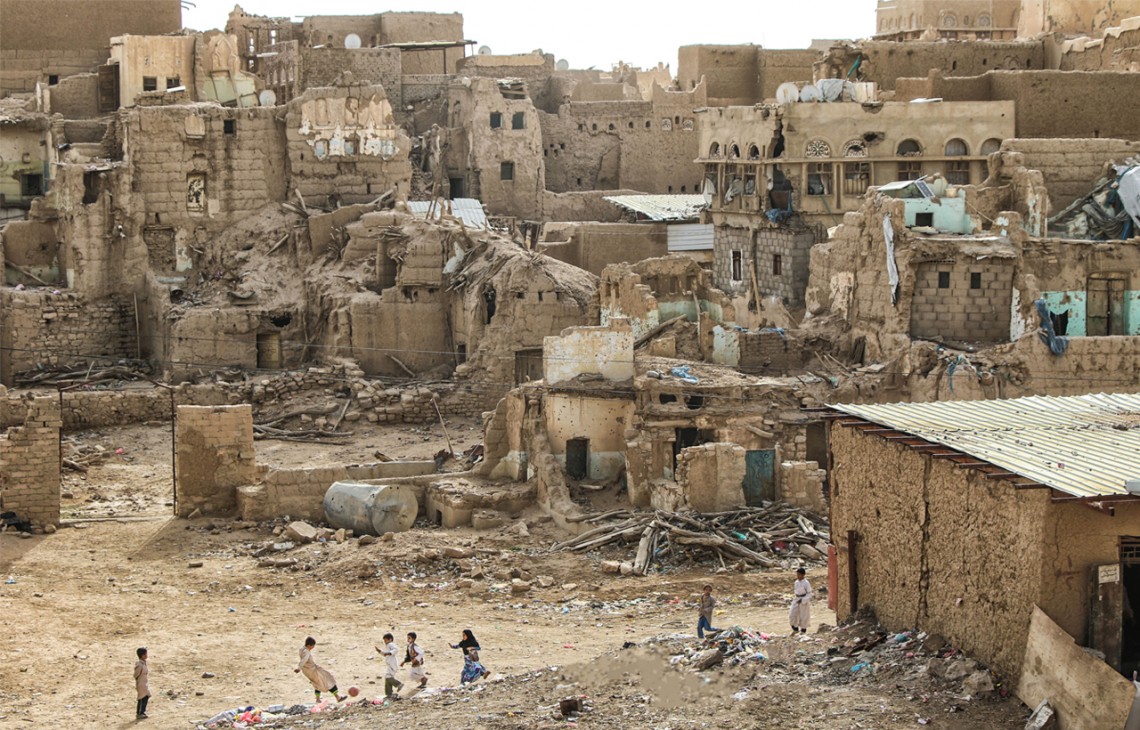
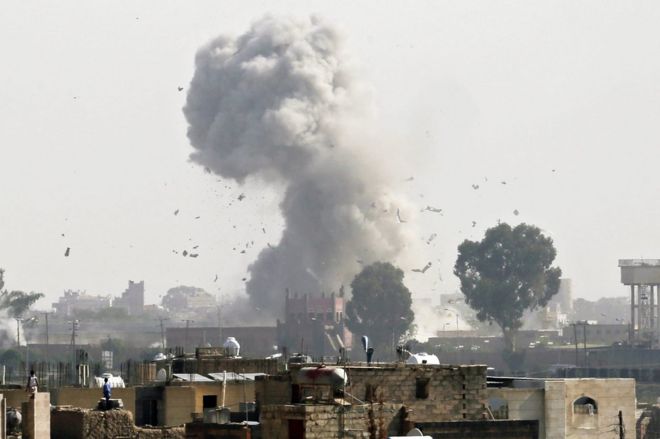
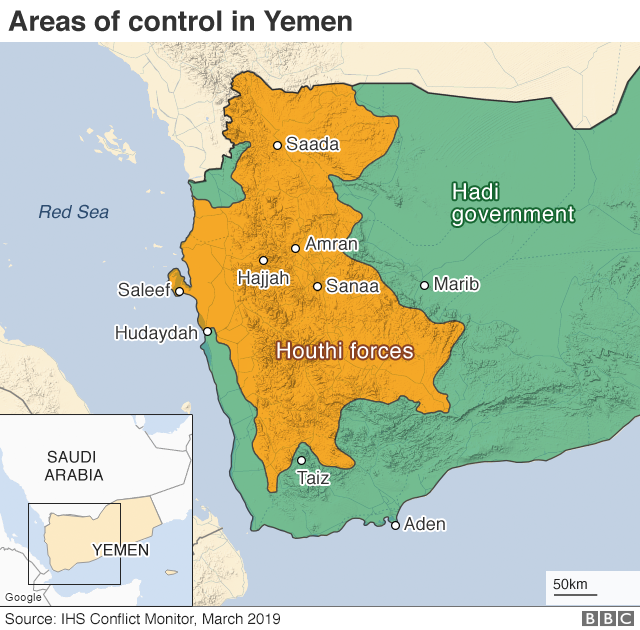
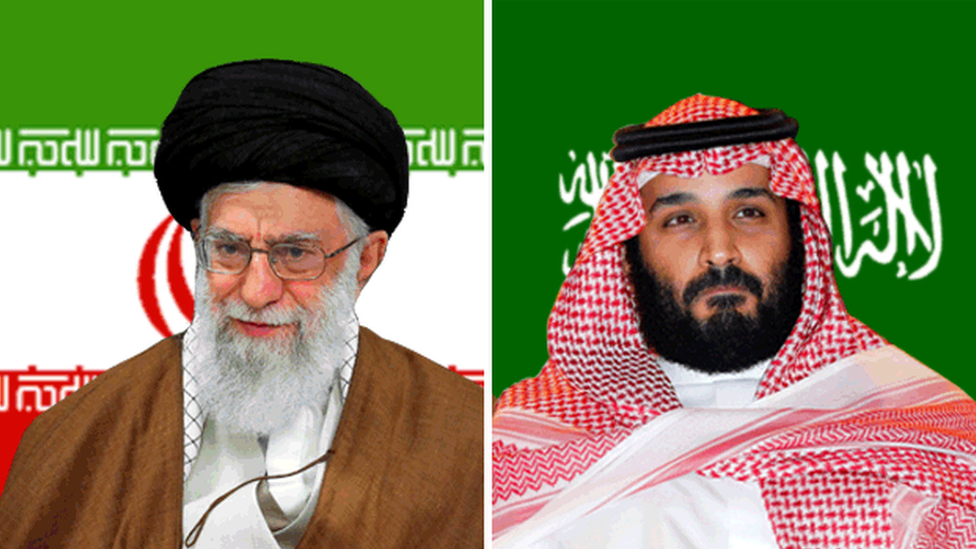
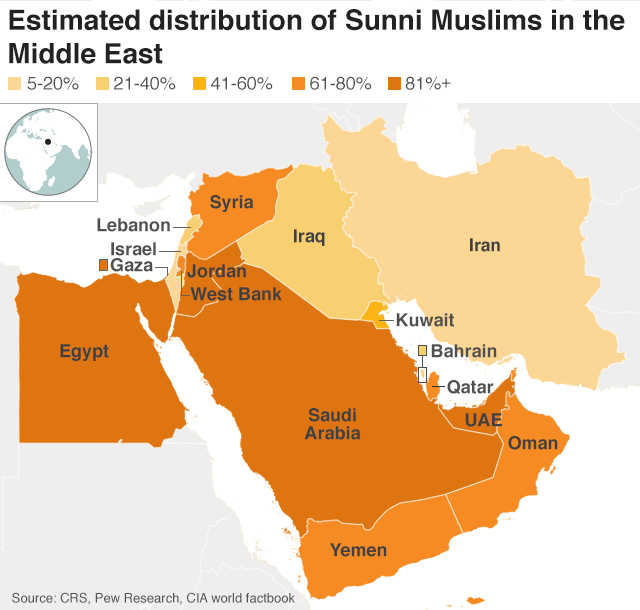
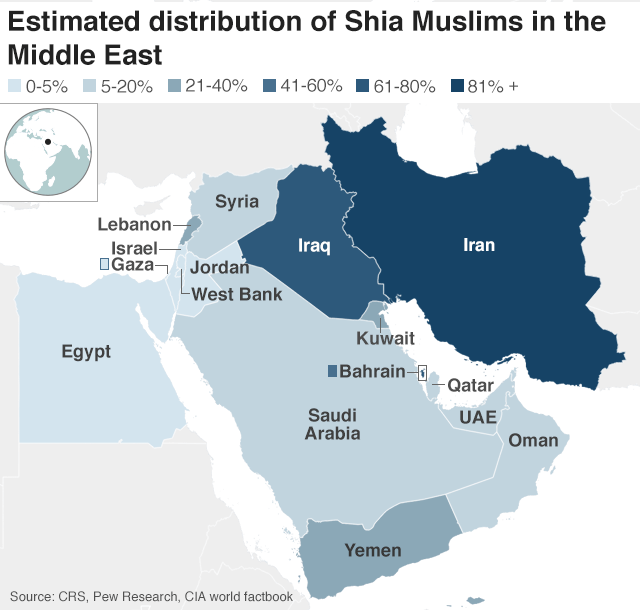
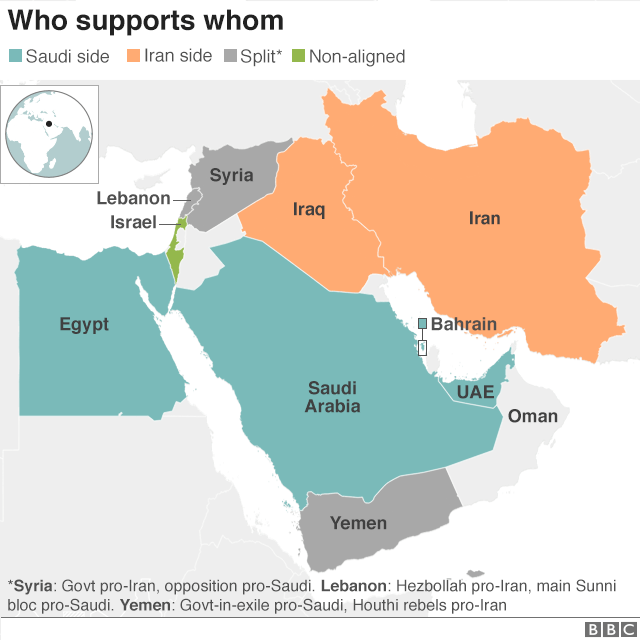
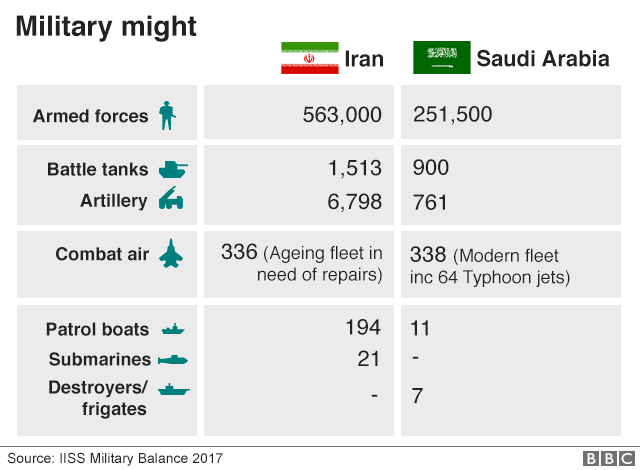
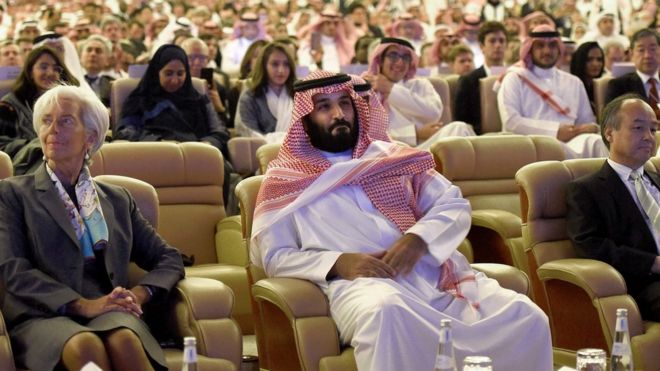
No comments:
Post a Comment